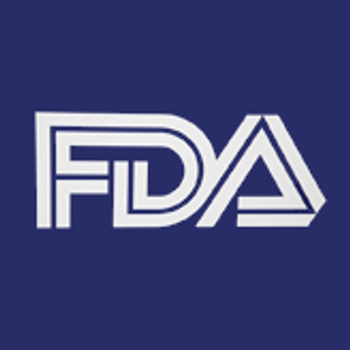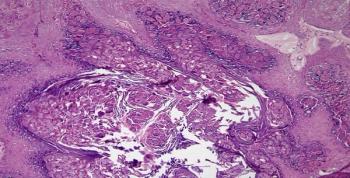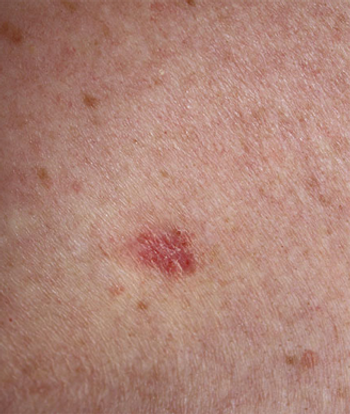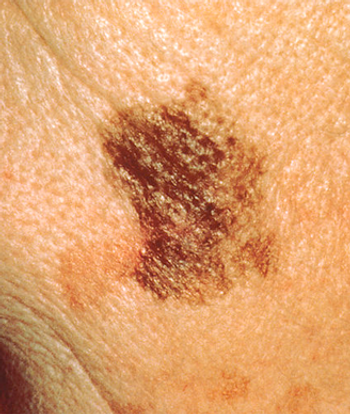
There has been rapid progress in the treatment of metastasis associated with cutaneous melanoma, including impressive results achieved with targeted molecular therapies and immunotherapies, and it is possible (but still unproven) that patients with metastasis from conjunctival and eyelid melanomas may benefit from these new therapies.






































